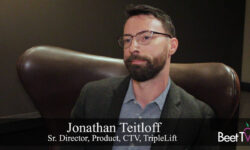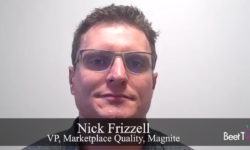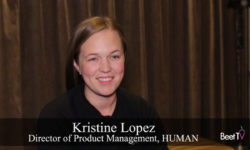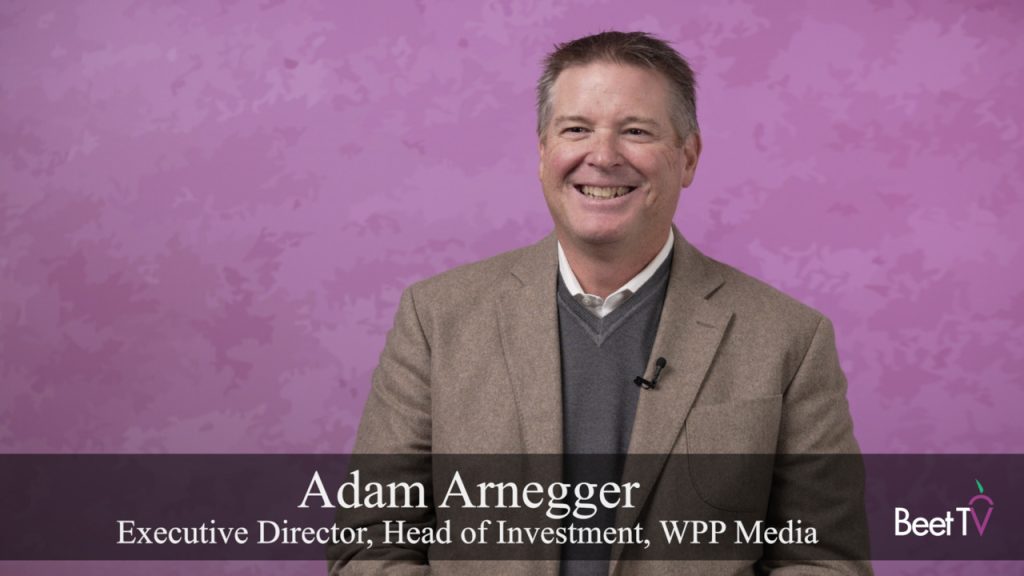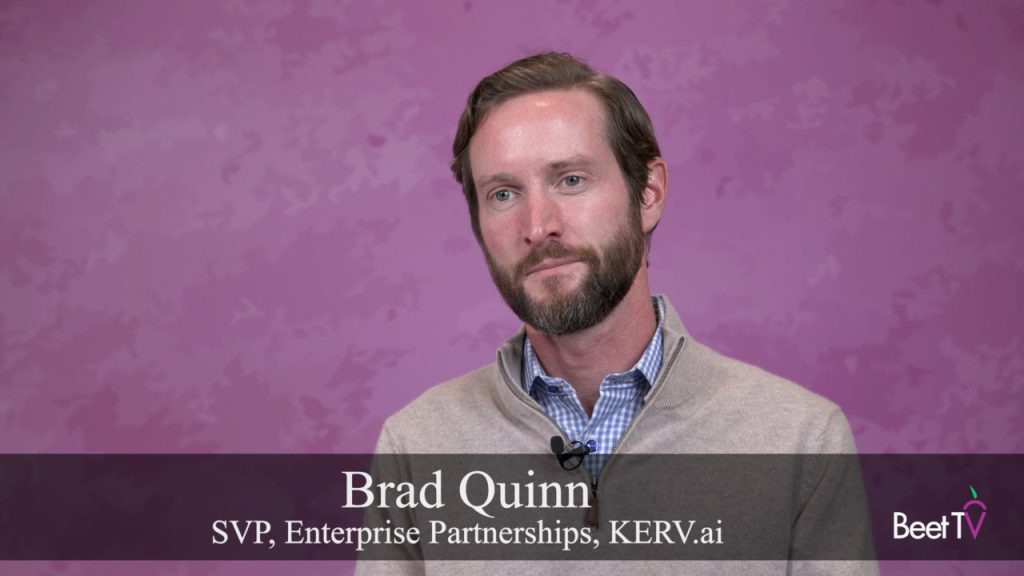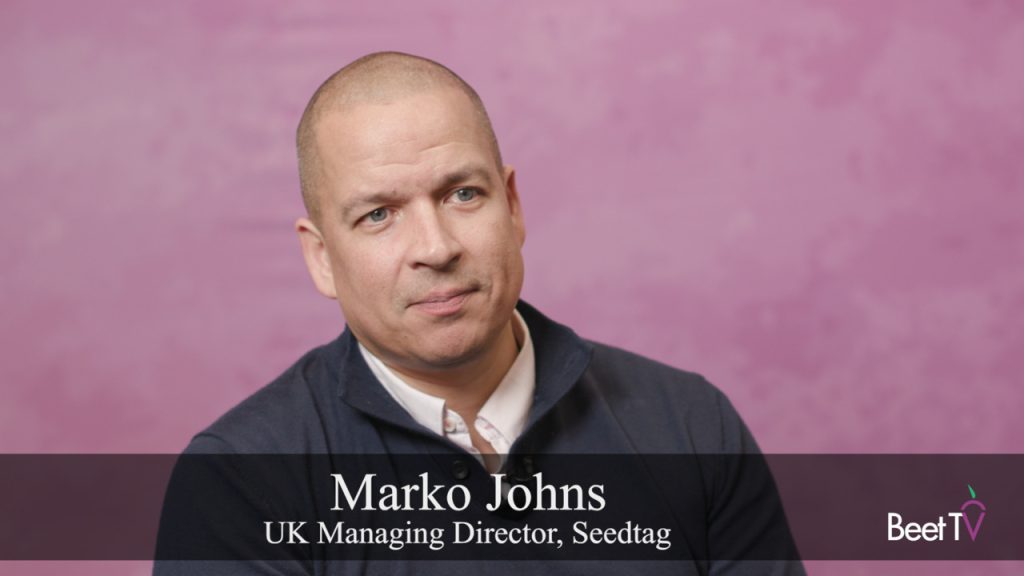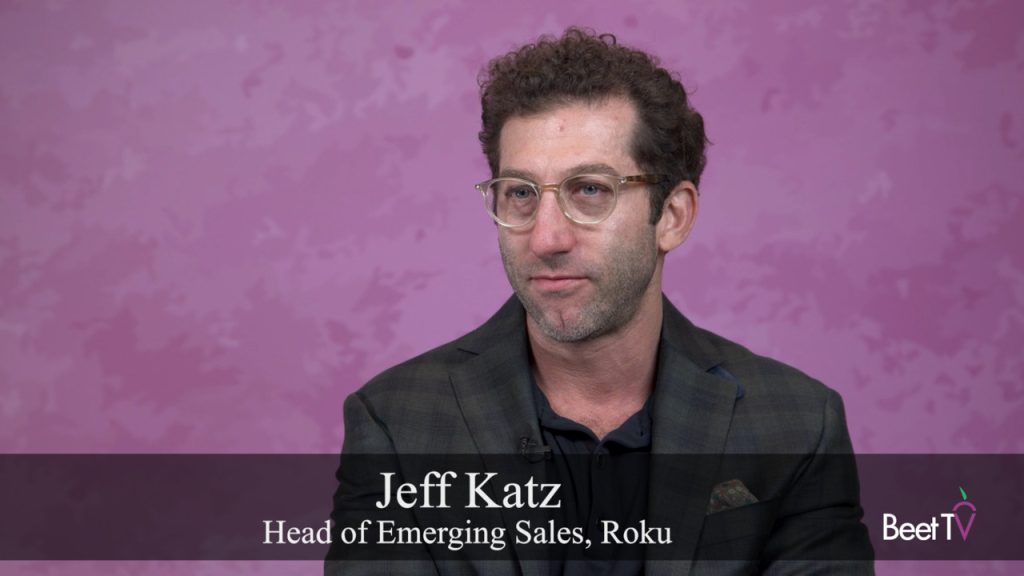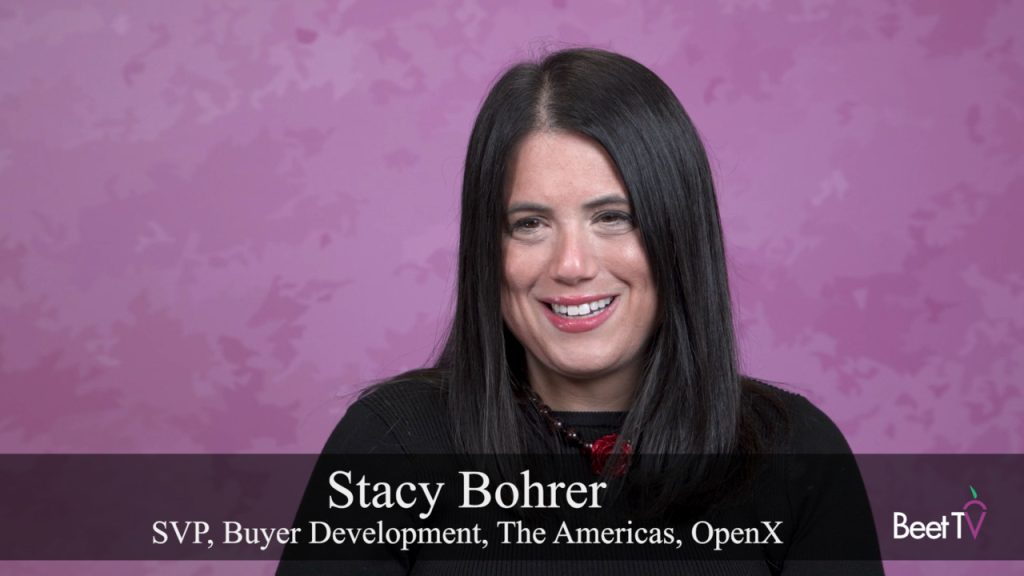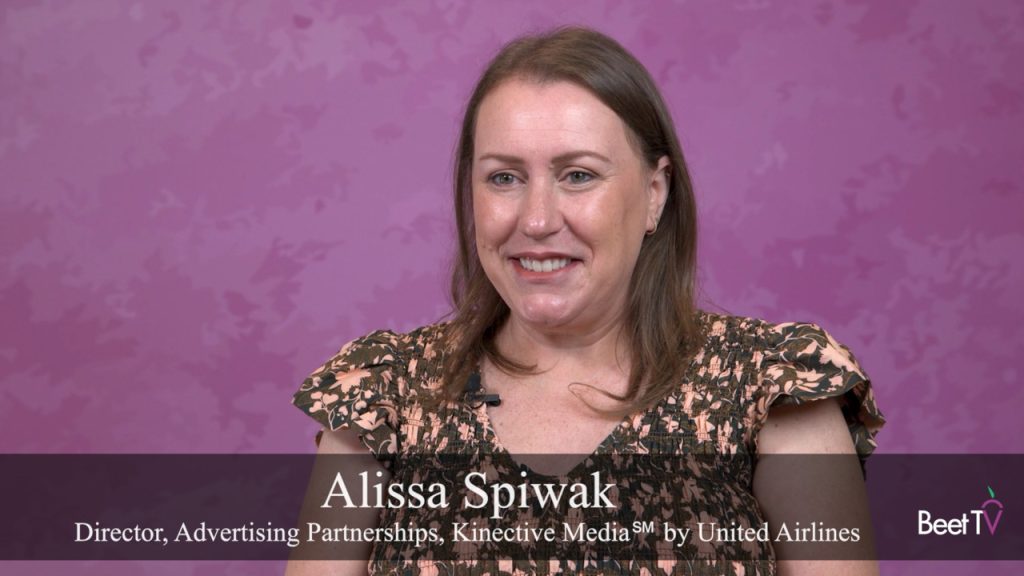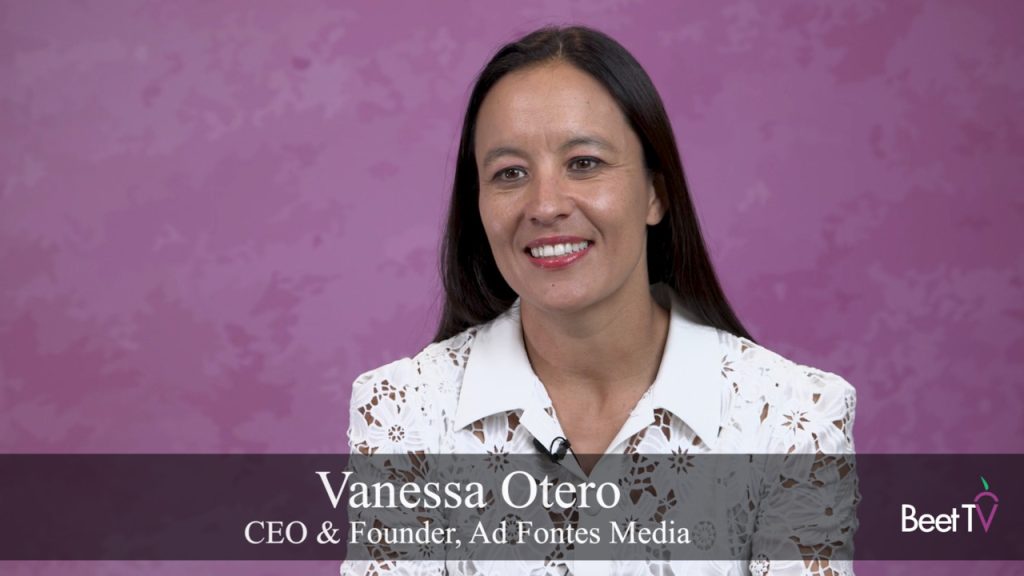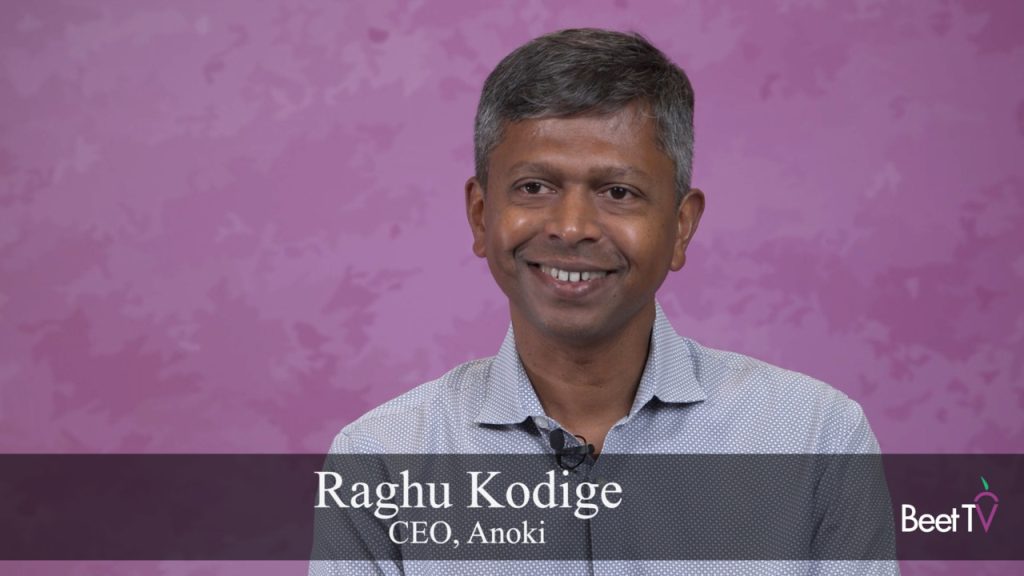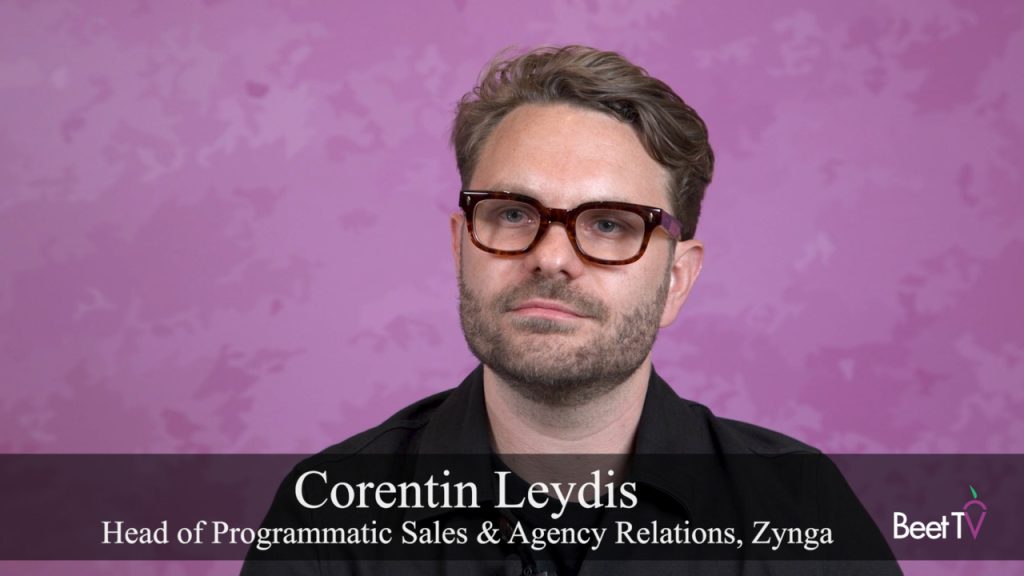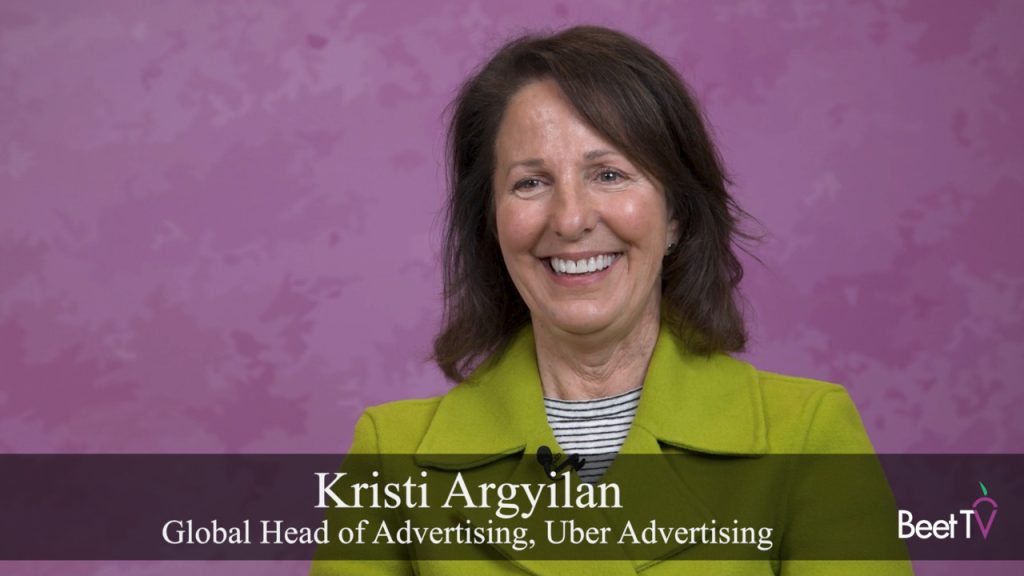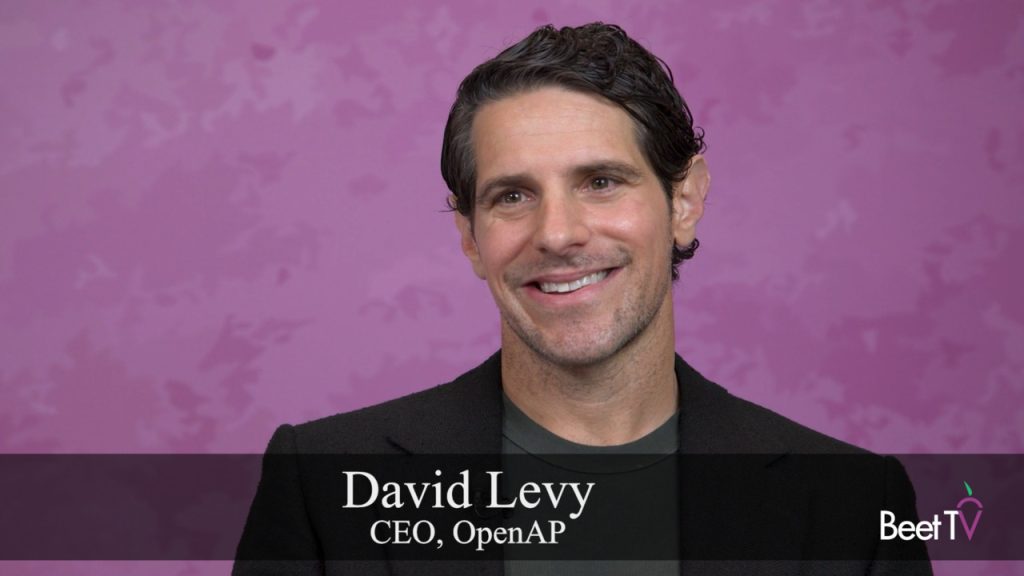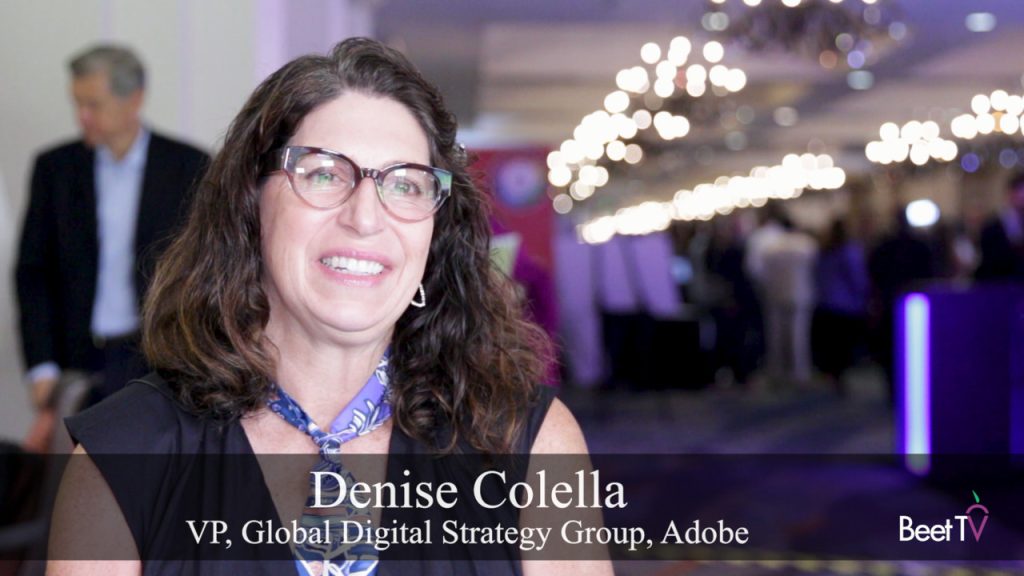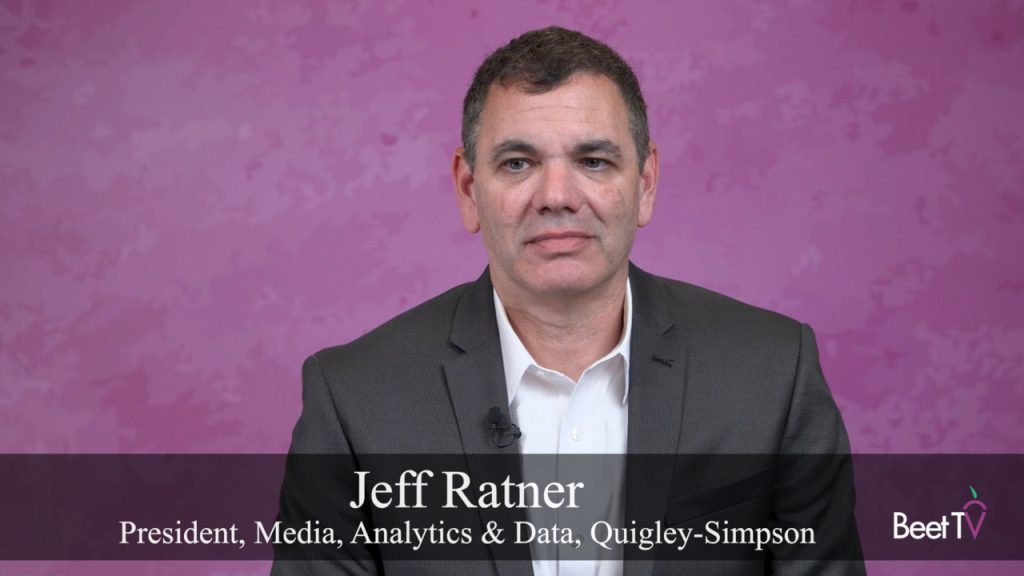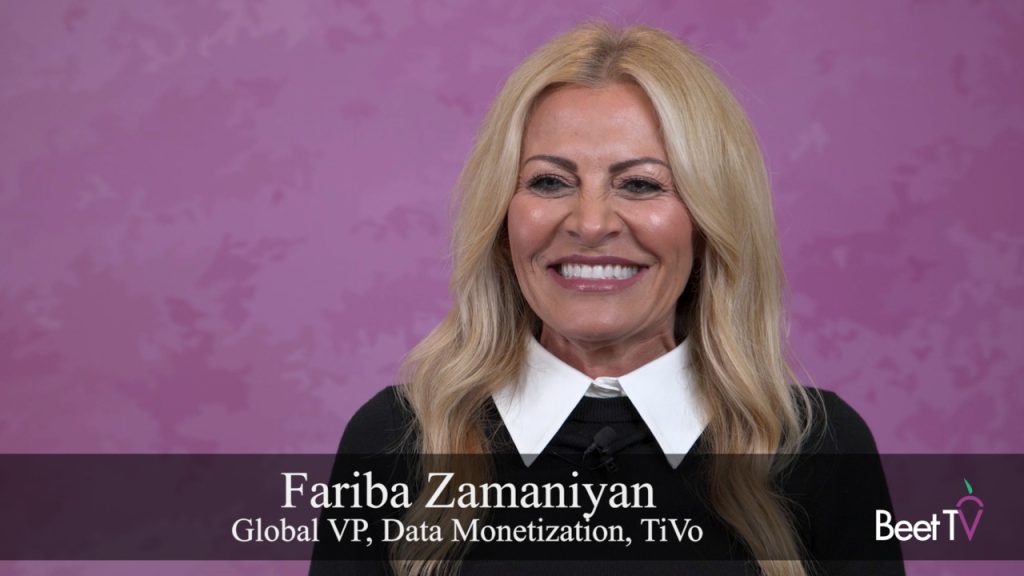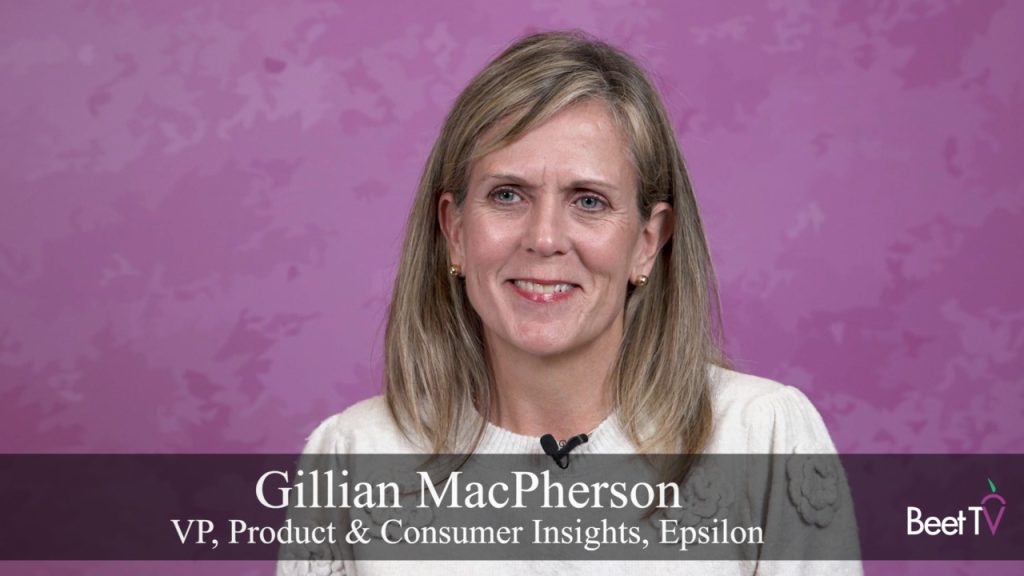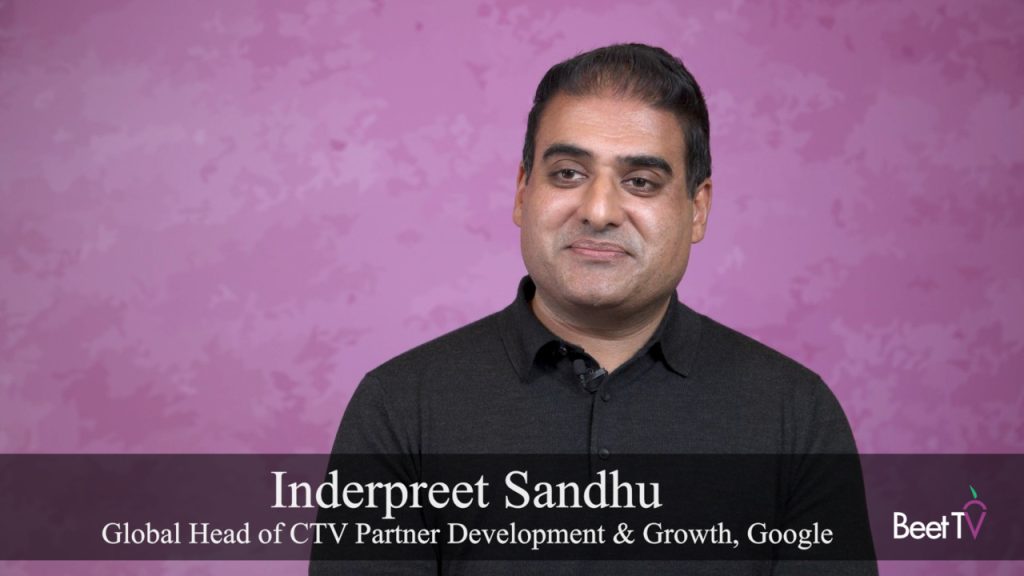Connected television gives advertisers the ability to reach highly targeted audiences, but there are risks that advertising fraud will drain away part of their media spending. Tackling the problem requires a collaboration among advertisers, agencies, media companies, adtech firms and cyberspecialists.
“The things that make me optimistic about the space is I see a lot of publishers and brands and agencies starting to work together a little bit more,” Scott Ensign, chief strategy officer at marketing agency Butler/Till, said in this interview with Beet.TV. “The big problems in the world, in business and then certainly in our industry, require a collective approach.”
The automated buying and selling of advertising in programmatic systems are vulnerable when bots generate fake impressions in place of viewership by real people. There are various estimates of how much ad fraud costs the industry, and Ensign said everyone ultimately pays a price for deceitful activities.
“We’re all the victims here. This is being perpetrated on us collectively,” Ensign said. “If you use the internet at all, you are paying a tax effectively for the fraud that’s happening in the space. It’s incumbent on all of us to try to help root that out.”
His company works with cybersecurity firm HUMAN, whose approach is to remove the financial incentives for ad fraud.
“I love the work that HUMAN is doing. They have really, really sophisticated solutions to these problems,” Ensign said. “HUMAN has really gone after disrupting the economics of cybercrime.”
You are watching “Protecting CTV Media Investment From Ad Fraud,” a Beet.TV Leadership Series presented by HUMAN. For more videos from the series, please visit this page.






